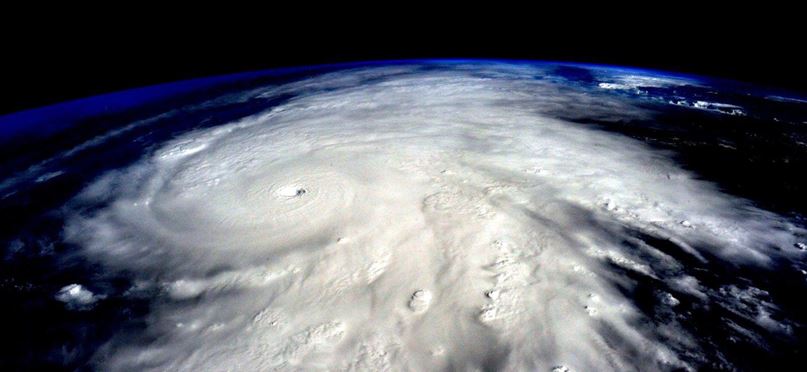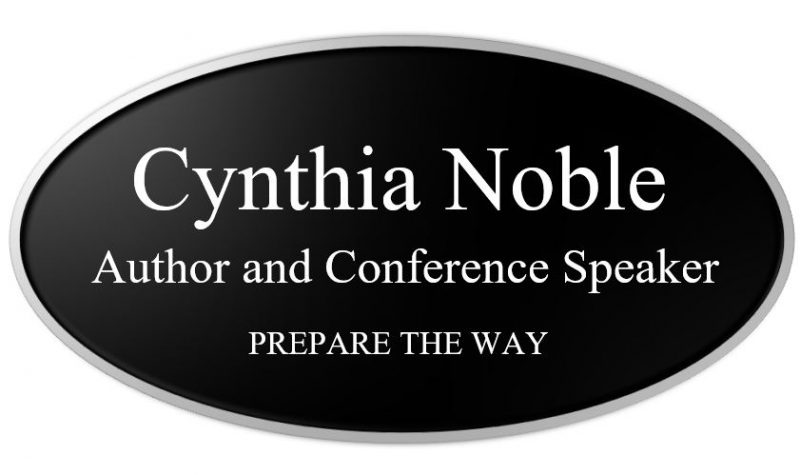
Hurricane Harvey: FEMA reports that during Harvey’s five-day insurgency upon Texas (August 24th-29th), more than 53,600 residents from over 18,700 households were forced to evacuate their homes; over a half million families (560,000) —including those who chose not to evacuate—have had their homes damaged or destroyed; and over a million cars have been lost. Sixty-eight people have died.
Hurricane Irma: As of this writing, Irma is a huge, Category 5 storm with winds clocking in at 175 mph. This dangerous storm is being billed as the most powerful hurricane ever recorded in both the Caribbean and the Atlantic Ocean. Irma has decimated the Caribbean island of Barbuda where 90% of structures were destroyed by the storm, prompting Prime Minister Gaston Browne to call the island “uninhabitable”. At least ten people have died.
Irma is a Cat 5 storm and since winds from a Category 5 start at 150 mph, some are suggesting that the National Hurricane Center should designate a Category 6 just to measure the strength of Irma.
Note that a Category 5 hurricane is not simply five times stronger than a Category 1—it’s 500 times more powerful than a Category 1 storm (The Weather Channel).
Hurricane Jose: A powerful Category 3 storm close on the heels of Irma….
So why is all of this mayhem happening? In a quest to make sense of the senseless, one professor tweeted that Hurricane Harvey is God’s judgment upon conservatives in Texas for supporting Donald Trump. (He’s since been fired.) Others in the opposite camp insist that God is judging those who don’t support President Trump. God, on the other hand, is withholding comment.
Maybe.
It’s been said that there can’t be a resurrection without a death. And while death, which we primarily think of as pertaining to a physical body, comes in many other disguises, its primary characteristic is destruction in one form or another. Deadly hurricane destruction bombards communities, cities, and entire regions with chaos and fear; it shipwrecks lifestyles due to financial losses; it decimates dreams and visions that people have worked their whole lives to achieve—homes, businesses, and careers; and it breaks the hearts and spirits of those affected by so much damage and loss.
But what if there was a reason for Harvey and Irma and for all of their tragic aftermath? What if there’s a reason for the trillions of dollars of destruction? And what if there really are reasons for all kinds of tragedies?
What if…?
When I was praying for Texas after the hurricane, the words “resurrection,” “restoration” and “revival” popped into my head and it occurred to me that, in God’s methodology, those words are a progression of events. In other words, after a death, God can bring resurrection—and that thing we thought long dead is suddenly given new life. However, a resurrection and a restoration are two different things. After Lazarus was raised from the dead, Jesus instructed those witnessing his resurrection to remove the cloths that bound him. In other words, that rescue from bondage, that restoration to normalcy was a separate action from the resurrection itself. The same is true today: Resurrection is and must be followed by restoration.
Nevertheless, the question remains: Even if we experience resurrection and restoration, what’s the point of having had to endure a tragedy that leads to the need for either of those? Either one is certainly a good thing—an excellent thing, but in the eternal picture, there’s even a greater purpose to tragedy than merely a return to what once was. The truth that is there’s a vast difference between a simple return of what was lost and a multiplication of what was lost. For example, say a business fails and dies and in the process, a million dollars is lost. Resurrection brings the business back and restoration returns the million dollars. But after that? What would be the point of going through all of that if all you get back is what you had to begin with? Isn’t there a greater purpose? Yes, there is.
Revival.
Revival is that which takes us beyond a resurrection and a restoration—sweet as those things are—to a place of multiplication, to a creation of that which did not exist before the resurrection.
It’s what happens when we come back from a devastating tragedy—say a person has a life-sucking addiction. When he’s snatched from the jaws of death, he’s resurrected. And when he’s returned to his prior clean physical, mental and emotional state, he’s restored. But then when he’s able to go out and minister to others from his experience, when he’s able to be the catalyst for the resurrection and restoration of others, when he multiplies his new life—that’s real revival.
Revival is often equated with resurrection but it’s so much more; both bring new life but revival brings it on a bigger scale, often to whole regions or populations—many of which may have never experienced life to begin with. Revival brings multiplication of that life, whether it be physical, spiritual, financial or otherwise.
The point? While many in the southern states are experiencing the tragedy of destruction and loss from Harvey and Irma, there will be a resurrection of that which has been destroyed, a restoration of that which has been damaged, and a revival which will bring a multiplication to that which existed before. New structures will be built, new relationships forged, and new spiritual life birthed in people who might never have given thought to such things otherwise. You may remember that revival broke out after the 9-11 terrorist attacks; churches were filled with people who had never graced their doors before. Souls were saved, and people were snatched from the jaws of eternal death.
Does knowing this make it easier when you’ve lost everything? Perhaps not, not in the moment or even in the weeks and months to come. But hopefully it will bring some comfort to know that despite the excruciating pain of loss, despite the grief, despite the seeming senselessness of it all, God is still in charge and He has a plan. And it’s just when it seems darkest that He implements that plan. After Jesus was dead and His disciples filled with despair and hopelessness, then God’s plan exploded into the world: resurrection, restoration, and revival.
That’s always been His plan—and it will never change.


Laurel
So, so, so very well said. Amen!